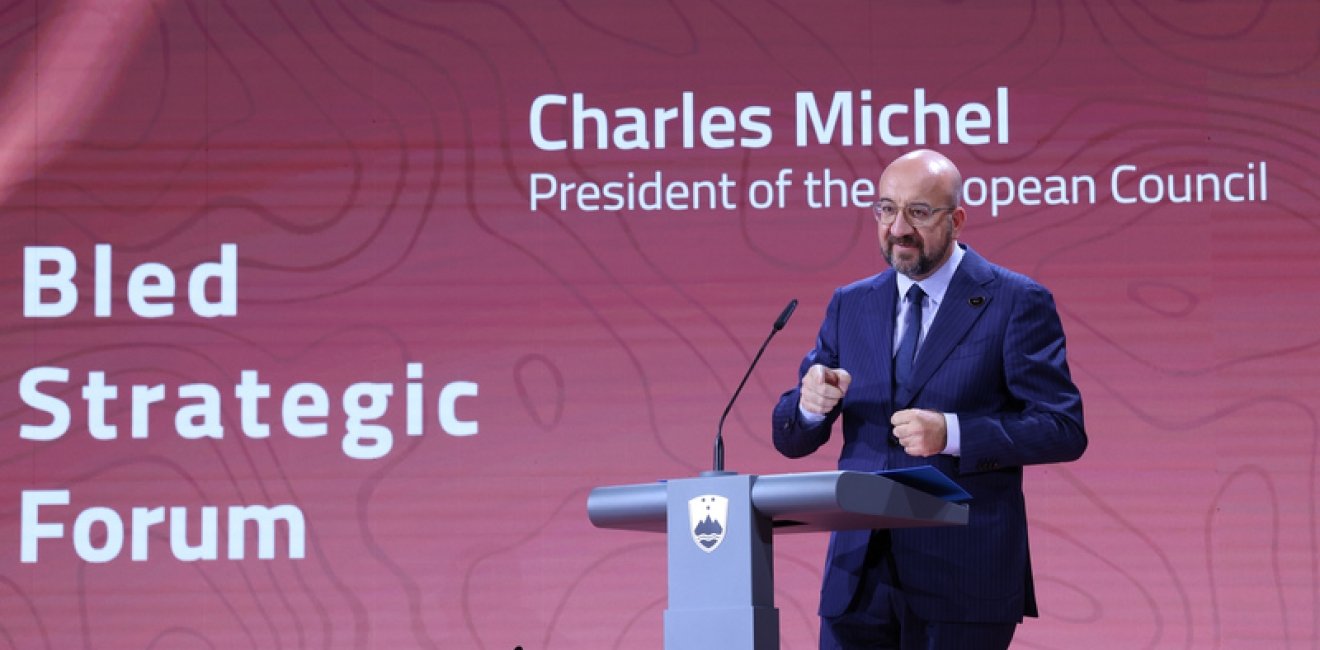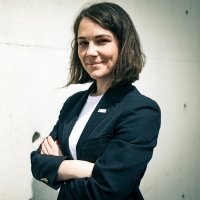At the Bled Strategic Forum in Slovenia, President of the European Council Charles Michel gave a powerful speech on EU enlargement. The speech spelled out a concrete vision for the future of the enlargement process, showing a new degree of commitment that EU candidate countries have been asking for from the European Council for years. The Council has long been considered a traffic light for EU's enlargement process – signaling (at various times) the need to wait, proceed with caution, or move forward. And sometimes, signals are mixed. As recently as October 2019, France, supported by the Netherlands and Denmark, vetoed opening negotiation talks for North Macedonia and Albania—the former a candidate country since 2005. Since the start of the war in Ukraine, however, there has been new enlargement momentum, with Ukraine, Moldova, and Bosnia and Herzegovina receiving candidate status in 2022. Charles Michel’s speech clearly seeks to build on that momentum.
In his speech, Michel called for the EU to be ready for the next ‘big’ enlargement by 2030. This entails two aspects: 1) the EU undertaking internal reforms to improve its ‘absorption’ capacity and 2) intensifying the accession process to make sure candidate countries are ready to take on membership responsibilities. The timeframe is ambitious, although not unattainable.
The debate on reforming EU institutions and potentially the treaties is not new. In 2021, the EU even organized the largest democratic exercise—the Conference on the Future of Europe—to shape the debate on its future development. Among 49 recommendations were concrete measures on changing the EU’s institutional framework to better respond to future challenges, including enlargement. According to France and Germany—two of the strongest proponents of such reforms—more and more member states are realizing the need for reform so the EU is ready for enlargement. However, so far, the reform discussions in the Council have shown more division than agreement. After Charles Michel’s speech, Austrian Foreign Minister Alexander Schallenberg made clear that Austria will not support any EU treaty changes. Austria and several other member states fear such a debate “could actually tear apart” the EU. Discussions on reforms need to be done delicately to avoid undermining the EU’s credibility as a global actor.
Michel rightly cites improving the accession process as equally essential for enlargement by 2030. In October, the European Commission will release its latest enlargement package—reports providing detailed assessments of each candidate country’s progress. Montenegro and Serbia began their accession negotiations in 2012 and 2014, respectively, Albania and North Macedonia in July last year, while Ukraine, Moldova and Bosnia and Herzegovina are still waiting for the EU Council’s agreement on a negotiating framework. Furthermore, in some candidate countries progress has stalled, or in the case of Türkiye even regressed. Another major enlargement, as advocated by Charles Michel, is therefore difficult to imagine if the process remains the same.
Another major enlargement, as advocated by Charles Michel, is therefore difficult to imagine if the process remains the same.
This year marks the 20th anniversary of the Thessaloniki Declaration that set the initial path for Western Balkan countries to join the EU. Having a clearer timeframe and reform commitments to integrate new member states is certainly a step in the right direction for the EU to remain a credible partner. However, as Charles Michel said, “integrating new members […] won’t be easy”. On the same day, French President Emmanuel Macron gave a speech at the annual gathering of French ambassadors in Paris, recognizing the need for EU reform before enlargement, potentially towards a “multi-speed” union. How this would fit in the ambitious timeframe and expressed commitment from European Council’s President remains an open question, and President Macron is expected to elaborate on this in the upcoming months.
European Parliament elections and a potential new European Commission next year bring additional uncertainty to the enlargement process. Could the next EU Commission’s strategic agenda result in a watered-down compromise on the 2030 commitment? With enlargement fatigue rising in many candidate countries, the EU needs to strike a new, courageous balance between the merit-based and the geostrategic aspects of the enlargement process.






